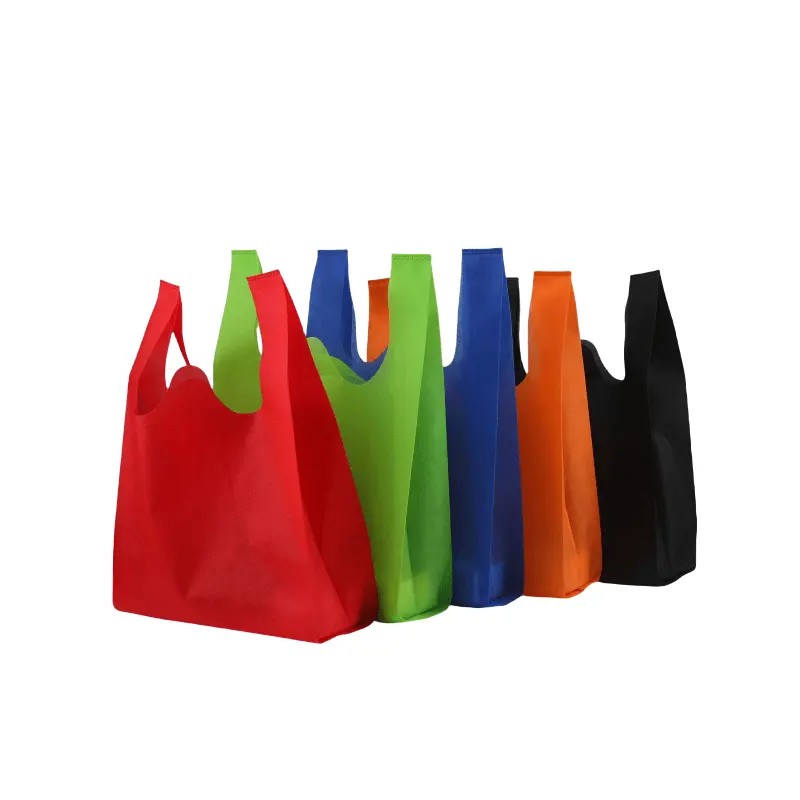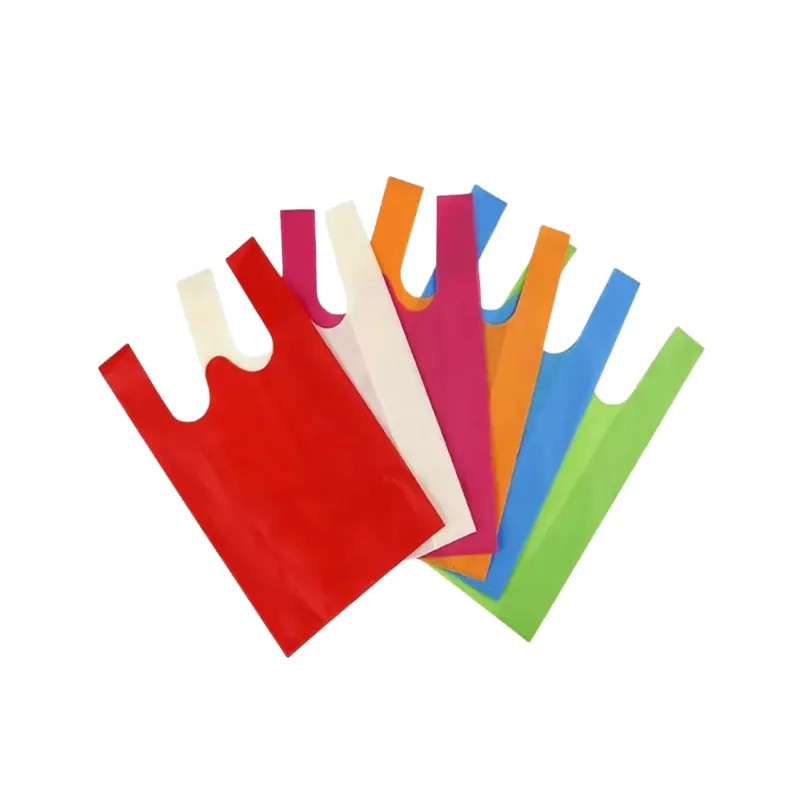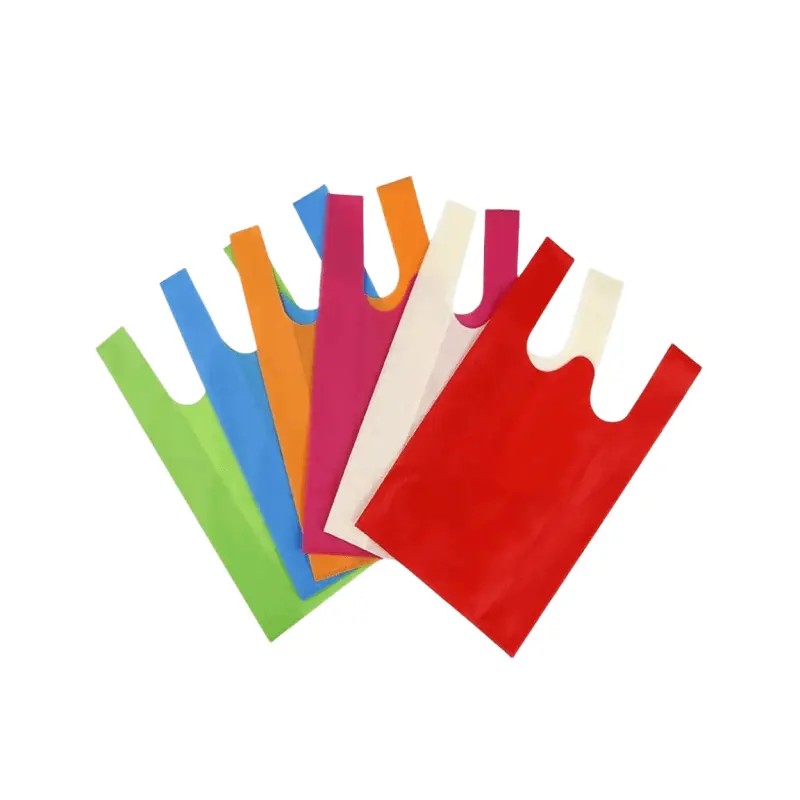What Makes Biodegradable Non-Woven Bags Sustainable?
Biodegradable non-woven bags have gained popularity as an eco-friendly alternative to traditional plastic bags. As consumers and businesses become more environmentally conscious, these bags are recognized for their ability to reduce environmental harm while offering practical solutions for daily use. But what exactly makes biodegradable non-woven bags sustainable?
1. Eco-Friendly Materials
One of the key factors contributing to the sustainability of biodegradable non-woven bags is their use of environmentally friendly materials. These bags are typically made from natural fibers or biodegradable polymers that can break down over time, unlike plastic bags that remain in the environment for hundreds of years. These materials allow biodegradable non-woven bags to decompose naturally, reducing waste and pollution.

2. Reducing Plastic Waste
Traditional plastic bags contribute heavily to landfills and ocean pollution. By using biodegradable non-woven bags, businesses and consumers can help reduce plastic waste significantly. These bags break down much faster than their plastic counterparts, minimizing the long-term impact on the environment. Opting for biodegradable non-woven bags helps lower the demand for single-use plastics, making it an essential step in reducing global plastic waste.
3. Reusability and Durability
In addition to being biodegradable, non-woven fabric bags are durable and reusable. This makes them a more sustainable option as they can be used multiple times, unlike single-use plastic bags that are often discarded after one use. The longer lifespan of these bags means fewer resources are needed to produce new ones, contributing to overall resource conservation.

4. Energy-Efficient Production Process
The production of biodegradable non-woven bags generally consumes less energy compared to manufacturing traditional plastic bags. The use of renewable or recycled materials and energy-efficient manufacturing processes helps reduce the carbon footprint of these products. By supporting biodegradable non-woven fabric bags, companies are contributing to energy conservation and lower emissions.
5. Compostability
Many biodegradable non-woven bags are also compostable, meaning they can be added to compost systems to break down into organic matter. This feature is a significant benefit for those looking to reduce waste in landfills and promote a circular economy. Composting biodegradable non-woven bags returns valuable nutrients to the soil, further enhancing their environmental contribution.

6. Customization for Businesses
For businesses, biodegradable non-woven bags offer a customizable and sustainable packaging solution. They can be tailored to brand aesthetics, making them an attractive option for eco-conscious companies. By choosing biodegradable non-woven bags, brands can showcase their commitment to sustainability, attracting like-minded customers and building a greener image.
In conclusion, biodegradable non-woven bags are sustainable due to their use of eco-friendly materials, reusability, energy-efficient production, and compostability. As the demand for greener alternatives continues to grow, businesses and consumers can make a positive impact on the environment by adopting biodegradable non-woven bags as part of their sustainability efforts.






